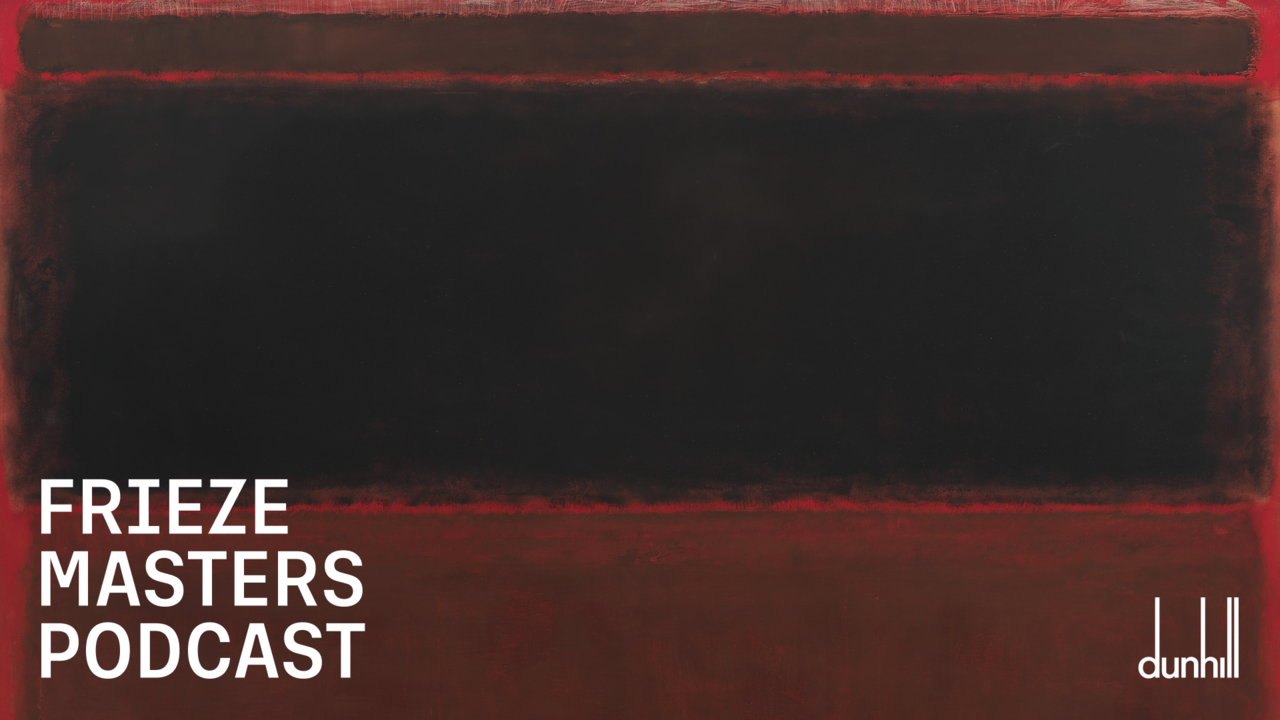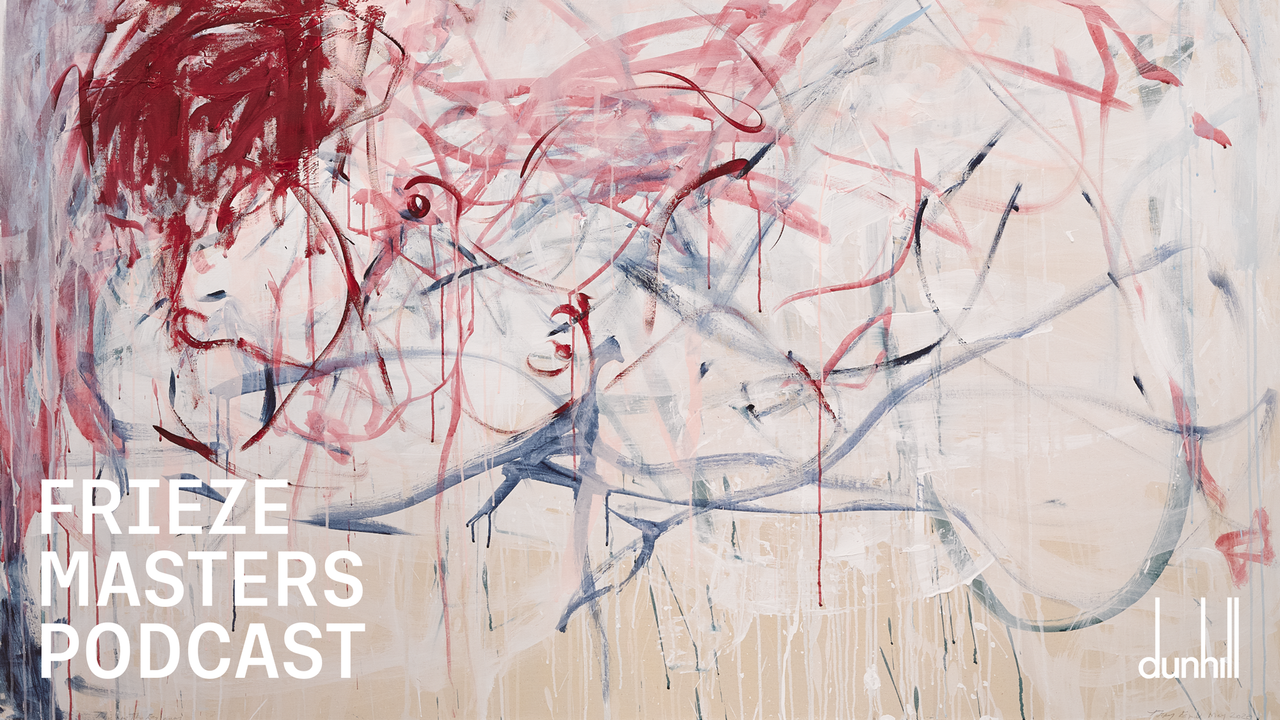House of Lords Warns of Serious Risk to UK Arts as Brexit Threatens Free Movement
‘The cultural sector will suffer and we will suffer’ – a new report calls for preferential agreements for EU arts workers
‘The cultural sector will suffer and we will suffer’ – a new report calls for preferential agreements for EU arts workers

A new committee report from the UK’s House of Lords, titled ‘Brexit: Movement of People in the Cultural Sector’, has issued a stark warning of the damage that exiting the EU will do to the arts. The House of Lords EU Home Affairs Sub-Committee says that treating EU cultural workers under the same rules as third-country nationals could lead to a talent drain, as current visa rules require a minimum salary that far exceeds what many arts organizations can offer.
Speaking to frieze, Lord Jay of Ewelme, who chaired the committee, said that the often low paid but highly skilled nature of arts work in the country required the ability to move around swiftly. He said that imposing third country regulations on EU citizens would be a ‘serious barrier’, and ‘could starve us of talent, expertise and diversity’.
Lord Jay told frieze that the committee was concerned that the fate of the cultural sector was not lost in the morass engulfing the Brexit negotiations. He warned that if the proper arrangements were not put in place, ‘the cultural sector will suffer and we will suffer.’
The House of Lords report says that if there are no ‘effective reciprocal arrangements for movement of people between the UK and the EU, the UK may see a decline in skilled cultural sector workers coming to the country’. It calls for ‘more clarity on free movement post-Brexit’. The report said that despite the UK government wishing to ‘take back control’ of its borders by ending free movement of persons, it had ‘provided little detail about what this would mean in practice.’
The Department for Digital, Culture, Media and Sport estimates that EU citizens make up 4.6% of workers in the cultural sector – but the Creative Industries Federation argues that such figures miss the ‘massive variation’ within sub-sectors. For instance a 2016 diversity study found that 10% of those employed in the UK music industry held a passport from a non-UK EU member state. And the National Museum Directors’s Council and the Museums Association said that EU27 citizens made ‘up to 15 percent of the workforce in some large national museums’.
The House of Lords committee has issued recommendations to the UK government for consideration: that it seek to extend permitted paid engagement and permit-free festival arrangements for EU citizens, and consider a multi-country, multi-entry short-term ‘touring visa’, with reciprocal arrangements in place for UK citizens visiting the EU.
In the latest Soft Power 30 rankings, the UK scored a surprise first place – the annual study evaluates countries’s soft power influence according to various contributing factors including culture, education and diplomacy. However the organizers of the report, Portland Communications, warned that Brexit could take a toll: ‘Should the exit be a chaotic one, it is hard to see global public opinion on the UK remaining buoyant.’




















